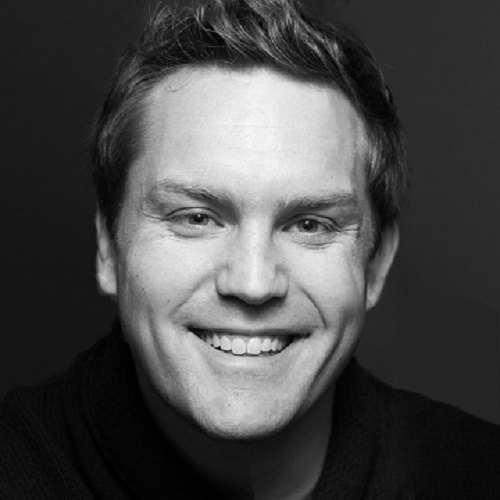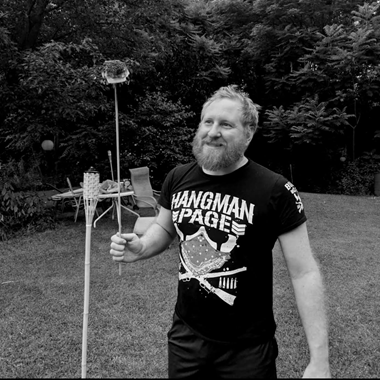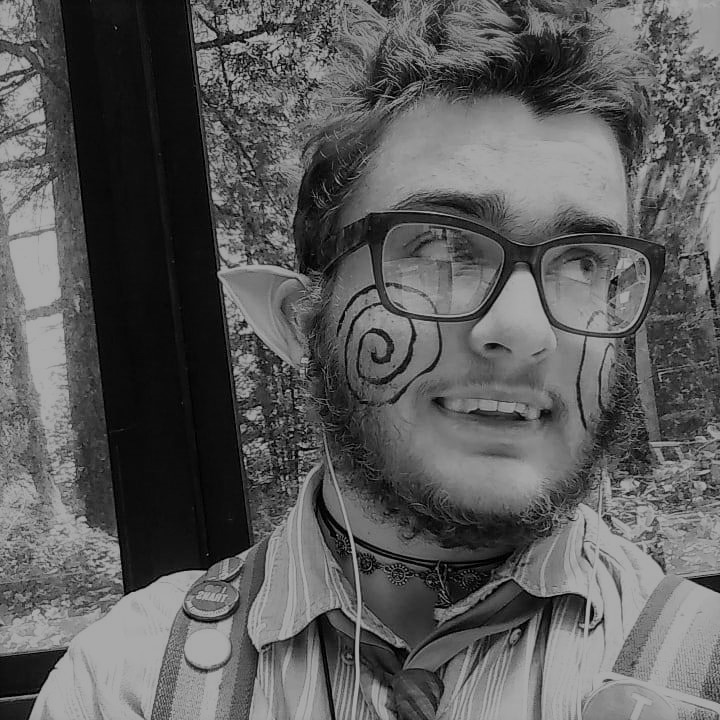Dustin Grinnell is a writer based in Boston. His creative nonfiction and fiction combines medicine and the humanities and has appeared in Intima: A Journal of Narrative Medicine, Perspectives in Biology & Medicine, New Scientist, Hektoen International, Ars Medica, The Awakenings Review, Blood and Thunder: Musings on the Art of Medicine, and Tendon: A Medical Humanities Creative Journal. His two novels, The Genius Dilemma and Without Limits, were self-published in 2013 and 2015. His sci-fi thriller, The Empathy Academy, is forthcoming with Atmosphere Press. He has MFA in fiction from Lasell University, and an MS in physiology from Penn State. He’s a full-time copywriter for Bose Corporation.
Eckleburg: What captures your interest most in your work, now, as a reader of your work?
Dustin Grinnell:
If I subscribe to any philosophy, it’s existentialism, a philosophical tradition that has been described as less of a school of thought and more of a mood or attitude toward life. It deals with matters such as anxiety, death, authenticity, isolation, and finding meaning in one’s existence. For better or worse, these are issues I think about often and incorporate in my writing, fiction in particular. Existentialism isn’t just a philosophy; it’s also a literary movement, led by great writers, many of whom I’ve enjoyed reading in recent years. These authors include: Jean-Paul Sartre and his novel, Nausea, and play, No Exit; Albert Camus’ novel, The Stranger, and his philosophical treatise, The Myth of Sisyphus; Fredrick Nietzsche’s novel, Thus Spoke Zarathustra, and excerpts from his books; Franz Kafka’s The Metamorphosis, and Fyodor Dostoevsky’s short story, “Notes from Underground.” Often, I’m more attracted to contemporary books that popularize the literary works of these existentialists, as they make their ideas more accessible. In this regard, I’ve enjoyed reading nonfiction books like Hiking with Nietzsche: On Becoming Who You Are, At the Existentialist Café by Sarah Bakewell, and Irrational Man by William Barrett.
Eckleburg: What are you working on now?
Dustin Grinnell:
I’m finishing a collection of short stories titled, The Healing Book. I’m also submitting my finished collection of essays, The Dizziness of Freedom, to agents and publishers.
Eckleburg: Who and what are your artistic influences?
Dustin Grinnell:
Michael Crichton. Alan Lightman. Friedrich Nietzsche. Kurt Vonnegut. George Orwell. Aldous Huxley. Ray Bradbury. Oliver Sacks. Edgar Allen Poe.
Eckleburg thanks Dustin Grinnell. Do you have new work published here at Eckleburg or elsewhere? Add your Selfie Interview and share the news with our 10,000+ reading and writing community. If you have a new book out or upcoming, join our Eckleburg Book Club and let our readers know about it.



